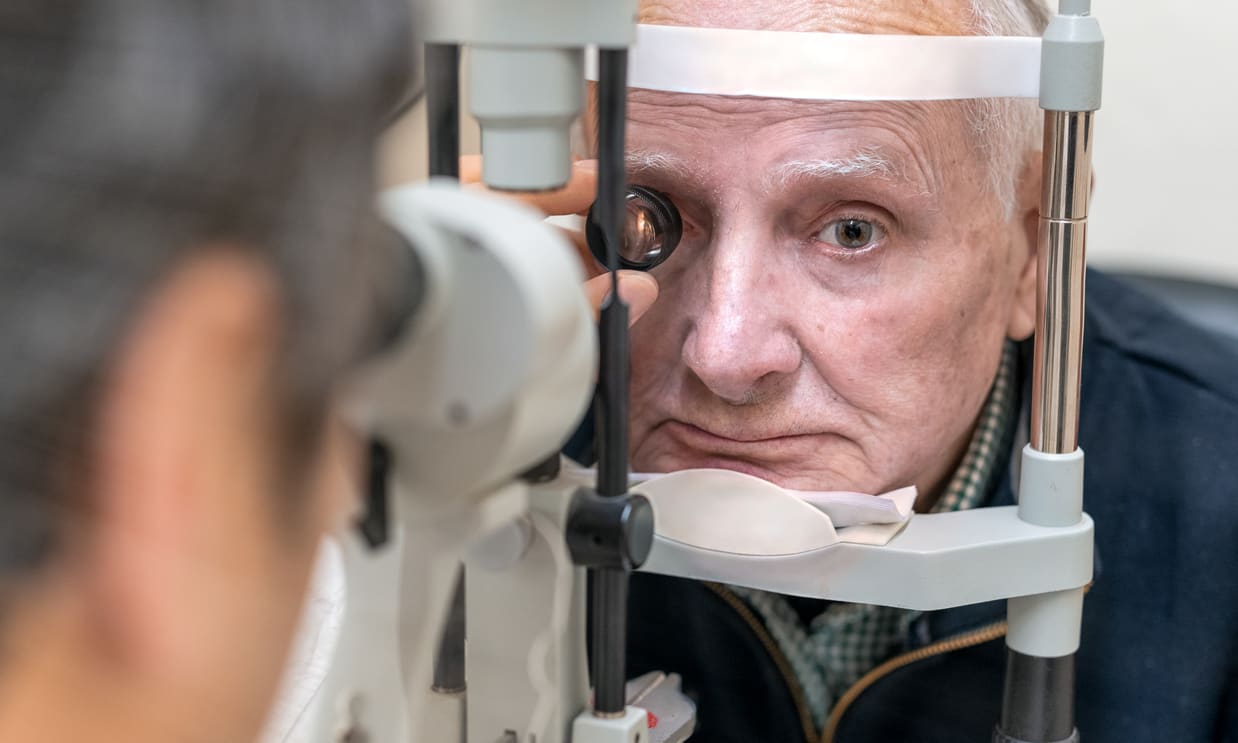What are the early symptoms of heart failure
Heart failure is a serious condition that affects millions of people worldwide. Recognizing the early signs and symptoms can be crucial for timely intervention and improved outcomes. This article explores the key indicators of heart failure, how to detect it early, and specific considerations for heart attacks in women.

What are the most common early signs of heart failure?
Heart failure often develops gradually, with subtle symptoms that may be easily overlooked. Some of the most common early signs include shortness of breath, especially during physical activity or when lying down. Fatigue and weakness are also frequently reported, as the heart struggles to pump blood efficiently throughout the body. Swelling in the legs, ankles, and feet, known as edema, is another telltale sign as fluid builds up due to poor circulation. Additionally, many people experience a persistent cough or wheezing, particularly when lying down, as fluid accumulates in the lungs.
How does heart failure affect daily activities?
As heart failure progresses, it can significantly impact a person’s ability to perform everyday tasks. Simple activities like climbing stairs, carrying groceries, or even walking short distances may become challenging due to shortness of breath and fatigue. Many individuals find themselves needing to rest more frequently or experiencing a decrease in overall energy levels. Sleeping can also become difficult, with some people requiring extra pillows to prop themselves up to breathe comfortably at night. These changes in daily functioning are often gradual but can be important indicators of developing heart failure.
What are the less obvious symptoms to watch for?
While shortness of breath and fatigue are well-known symptoms, there are several less obvious signs that may indicate heart failure. Unexplained weight gain, particularly over a short period, can occur due to fluid retention. Some individuals experience a loss of appetite or nausea, which can be mistaken for digestive issues. Cognitive changes, such as confusion or impaired thinking, may also occur as reduced blood flow affects brain function. An increased heart rate or heart palpitations can be another subtle sign, as the heart works harder to compensate for its reduced pumping ability.
How can you differentiate heart failure from other conditions?
Distinguishing heart failure from other conditions can be challenging, as many symptoms overlap with common ailments. However, the combination and persistence of symptoms are key factors. Unlike a temporary illness, heart failure symptoms tend to worsen over time without proper treatment. Keeping a symptom diary can help track changes and patterns. It’s important to note that symptoms often worsen with physical activity and improve with rest. Additionally, the presence of risk factors such as high blood pressure, diabetes, or a history of heart disease can increase the likelihood of heart failure. When in doubt, consulting a healthcare professional for a thorough evaluation is crucial.
What are the unique considerations for heart attacks in women?
Heart attacks in women can present differently from the classic symptoms often associated with men. Women are more likely to experience subtle or atypical symptoms, which can lead to delayed diagnosis and treatment. Common signs in women include unusual fatigue, shortness of breath, and discomfort in the neck, jaw, throat, or back. Nausea, vomiting, and dizziness are also more frequently reported by women. Unlike the stereotypical crushing chest pain, women may experience a squeezing sensation or pressure in the chest that comes and goes. It’s crucial for women to be aware of these differences and seek medical attention if they suspect a heart attack, even if the symptoms seem mild or unrelated.
How can early detection improve heart failure outcomes?
Early detection of heart failure can significantly improve long-term outcomes and quality of life. Recognizing symptoms promptly allows for earlier medical intervention, which can slow the progression of the disease and prevent complications. Regular check-ups and screenings, especially for those with risk factors, can help identify heart failure in its early stages. Lifestyle modifications, such as maintaining a healthy diet, regular exercise, and stress management, can be implemented sooner to support heart health. Additionally, early detection allows for timely initiation of appropriate medications and treatments, which can help manage symptoms, improve heart function, and reduce the risk of hospitalization.
In conclusion, understanding the early symptoms of heart failure is crucial for timely diagnosis and treatment. From common signs like shortness of breath and fatigue to less obvious indicators such as cognitive changes, being aware of these symptoms can prompt early medical attention. Women, in particular, should be vigilant about atypical heart attack symptoms. By recognizing these signs early and seeking professional help, individuals can significantly improve their heart health outcomes and overall quality of life.
This article is for informational purposes only and should not be considered medical advice. Please consult a qualified healthcare professional for personalized guidance and treatment.




